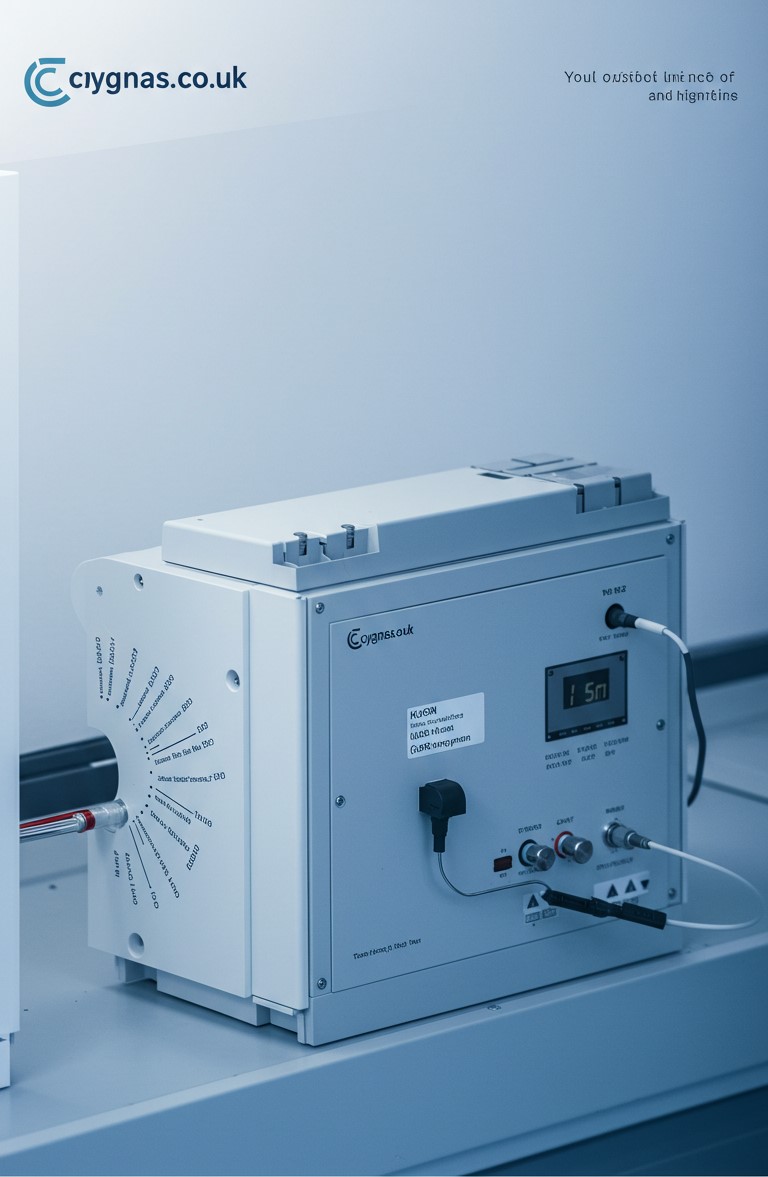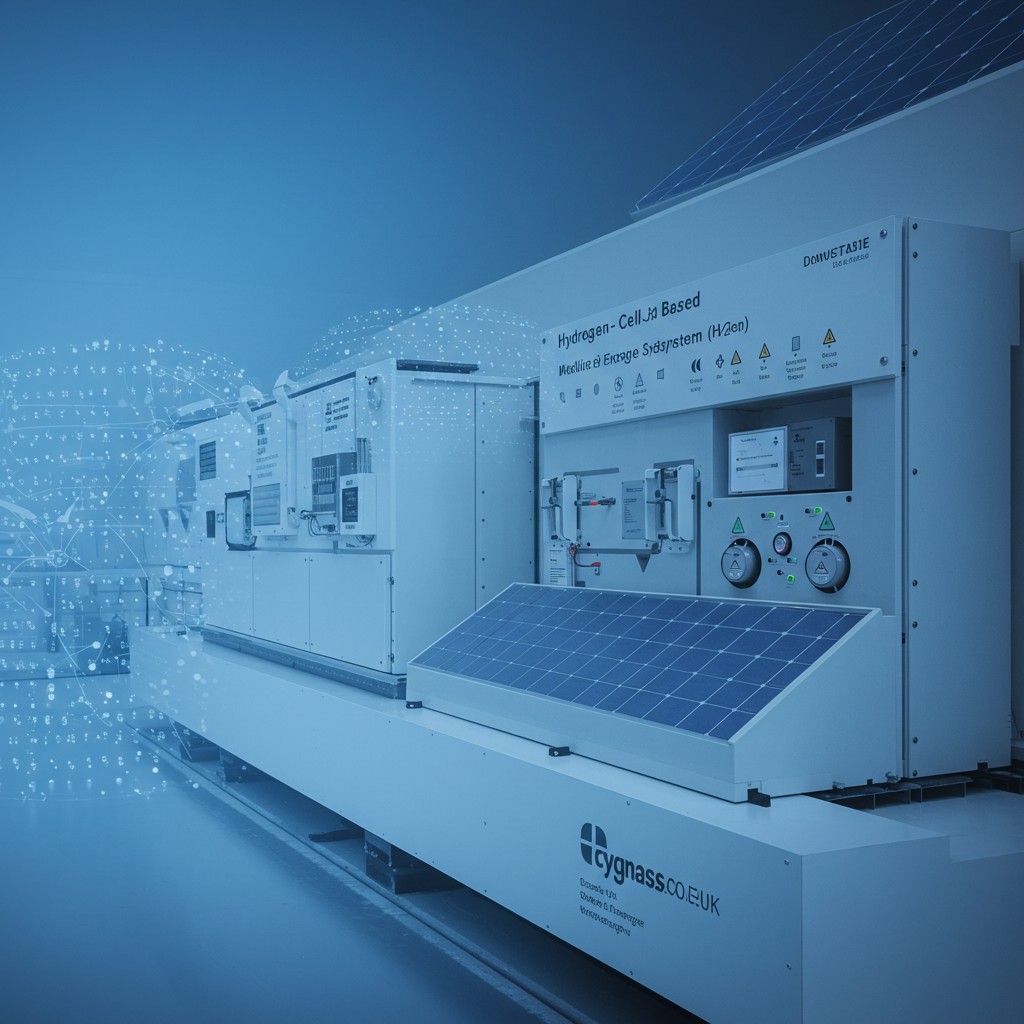Hydrogen-Cell based modular Energy Storage System (H2GEN)
Eco-friendly hydrogen-cell based energy system.
Hydrogen-Cell based modular Energy Storage System (H2GEN) to:
eliminate Lead-Acid battery usage in UPS in public buildings
mitigate power supply interruptions (BUGS)
provide green storage for renewable generated energy which can then be used or sold into the grid when demand is at its peak.
EETF funding enabled a pre-FEED study where the system model was developed and trial against real world data for environmental loads including temperature and grid outage. This determined the optimal system elements on which to base our 1-D model using Simscape (Matlab).

What Is Hydrogen-Cell based modular Energy Storage ?

Call For a Quote:
+44(0)7550680067
F.A.Q.
Feel free to ask any other questions or queries you might have.
How does hydrogen-cell modular energy storage work?
It uses electrolysis to convert surplus electricity (e.g., solar/wind) into hydrogen gas for storage. When energy is needed, fuel cells reverse the process, converting hydrogen back to electricity and water. Modular designs allow flexible scaling for homes, factories, or grid systems.
What advantages does it offer over traditional batteries?
-
Long-duration storage: Stores energy for days/weeks, unlike batteries (hours).
-
High energy density: Ideal for large-scale industrial or transport needs.
-
Zero emissions: Only byproduct is water, supporting decarbonization goals.
Where is hydrogen-cell storage most effective?
-
Industrial sites: Backup power for factories.
-
Renewable grids: Balances intermittent solar/wind supply.
-
Transport: Fuels hydrogen-powered vehicles (e.g., trucks, ships).
-
Remote areas: Off-grid energy solutions without diesel reliance.